April 18, 2025 | 01:46 GMT +7
April 18, 2025 | 01:46 GMT +7
Hotline: 0913.378.918
April 18, 2025 | 01:46 GMT +7
Hotline: 0913.378.918
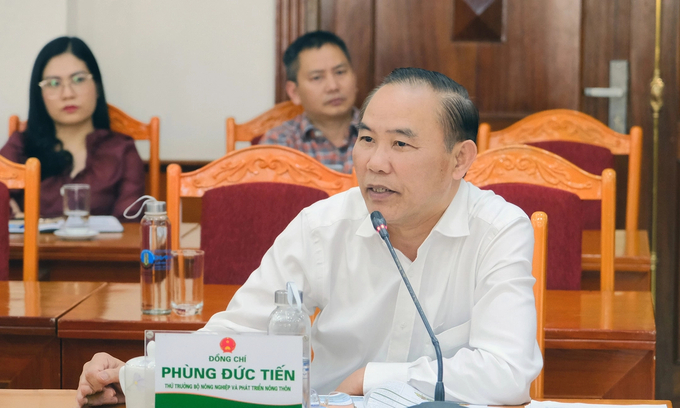
Deputy Minister of Agriculture and Rural Development Phung Duc Tien suggested many problems related to imported meat. Photo: Bao Thang.
At the meeting of MARD on May 4, Minister Le Minh Hoan asked the Department of Animal Health to clarify information on whether or not the phenomenon of "waste meat" appeared in the Vietnamese market.
According to the Minister, over the past time, some news agencies and newspapers have reflected that the domestic livestock industry is facing difficulties because supply exceeds demand, but meat and by-product imports continue to increase in April 2023.
Specifically, according to information from the General Department of Customs, accumulated in the first 4 months of 2023, the import value of meat, meat by-products, and edible animal by-products imported into Vietnam reached $407 million, up 1% over the same period in 2022.
Facing this situation, the Vietnam Poultry Association proposed to the MARD and related units to study and consider measures to protect domestic production.
Mr. Nguyen Van Long, Director of the Department of Animal Health said: "Vietnam is currently a member of the WTO. Therefore, all activities related to import and export, including meat products and by-products, are subject to market principles. Vietnam's standards and regulations are very transparent. Currently, there are 29 countries and territories that have been licensed to export animal meat to Vietnam".
According to the leader of the Department of Animal Health, in order for a meat product and by-products to be available on the Vietnamese market, many steps need to be followed. Firstly, the exporting country has to submit the veterinary capacity assessment dossier to Vietnam. Next, the Vietnamese delegation will conduct a field inspection to compare the documents.
Next, the two sides will agree on the form of the quarantine certificate from the exporting country. After that, the procedures issued by the Vietnamese side to allow foreign businesses or Vietnamese businesses to register to import animal foods under Decree 15.
Affirming that Vietnam has no quota for meat products, the Director of the Department Nguyen Van Long emphasized: "The process of importing meat and by-products into Vietnam is very strict. Even if they are licensed, these products still have to periodically take samples for veterinary quarantine, as well as ensure standards of hygiene and food safety".
He affirmed that there is no such thing as Vietnam releasing the door for "waste" meat products into the market. The director of the Department of Animal Health added that all meat products exported to our country go through a negotiation process of at least 5 years. Many industry associations and businesses have responded and highly appreciated our country's methodical way of doing things.
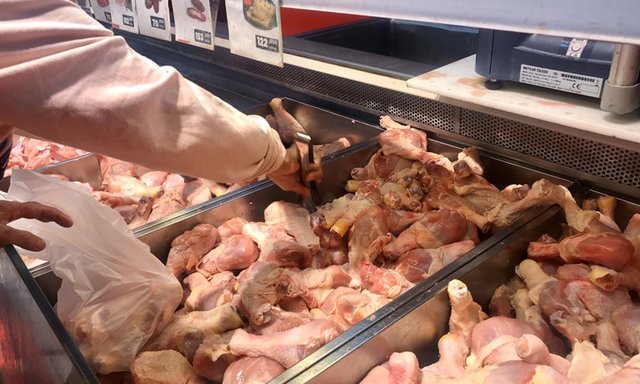
The veterinary system is committed to closely monitoring meat imported into Vietnam. Photo: Bao Thang.
Mr. Nguyen Nhu Tiep, Director of Agrotrade Vietnam shared that it is true that meat products in pubs are relatively cheap compared to the common ground.
In addition to closely monitoring import activities, Mr. Tiep advised the Minister to direct the local quality management system. They will closely coordinate with the veterinary system and local management agencies to strengthen inspection, examination, and supervision, helping to protect the health and interests of consumers.
Further commenting on the issue of "waste" meat that is of interest to the Minister, Deputy Minister Phung Duc Tien said that Vietnamese people's tastes are poultry thighs or tough cuts of meat. This is in contrast to the majority of countries in the world that prefer chicken breast.
With a very long land and sea border, Vietnam always faces the risk that meat products of unknown origin and quality can be brought across the border. For many objective and subjective reasons, a number of violations may occur.
With experience in serving as Vice Chairman of the Science, Technology, and Environment Committee of the National Assembly for 2 terms, Deputy Minister Phung Duc Tien assessed that the veterinary system and related units at the central and local levels have been doing a good job of monitoring imported meat.
"Every year, the WTO always holds many meetings on regulations related to the market. If there is any problem, we will immediately receive a complaint", Deputy Minister Phung Duc Tien said.
Through the briefing, Deputy Minister Phung Duc Tien also noted that poultry eggs are selling well in the European market due to political conflicts in this region. The livestock industry has great potential, so it is necessary to actively negotiate to open the market to take advantage of opportunities
Translated by Hoang Duy

(VAN) With an annual production scale of around 5 million tons, Vietnam has enough potential to transform rice bran into a key export commodity if combined with deep processing.
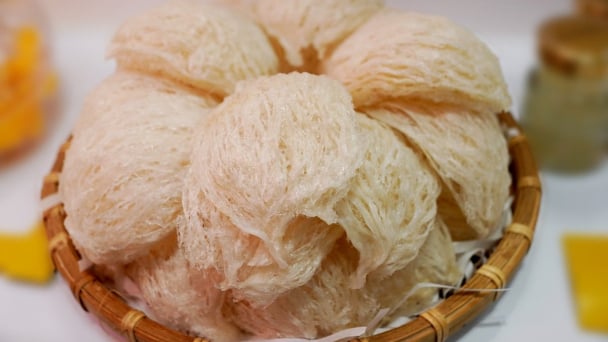
(VAN) As the world’s largest consumer of bird’s nest products, China is gradually becoming a 'golden' market for Vietnamese bird’s nests.
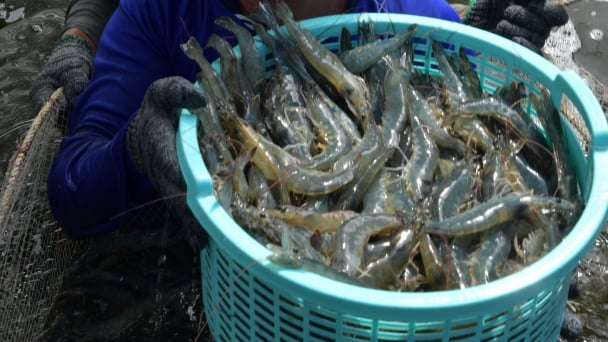
(VAN) Deputy Minister Phung Duc Tien has directed the fishery sector to diversify its farming objectives during the conference reviewing Q1 performance and outlining tasks for April and Q2/2025.
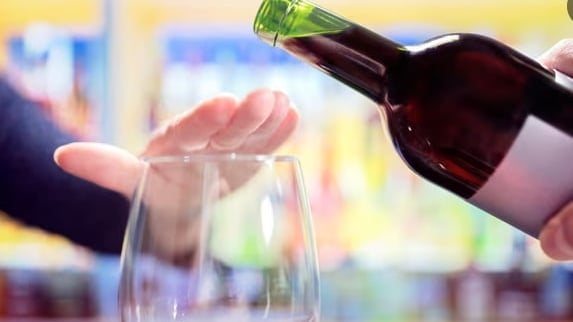
(VAN) Consumption and production falls in almost every market as industry fears a ‘generational’ change in drinking habits.
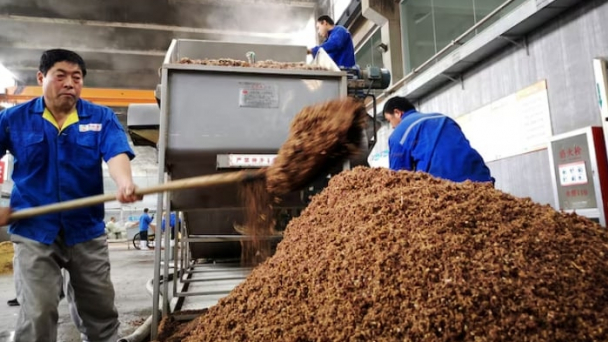
(VAN) U.S. President Donald Trump's trade war with China comes at a bad time for sorghum growers like Dan Atkisson in Kansas, who is nevertheless preparing to increase plantings by 25% this spring.
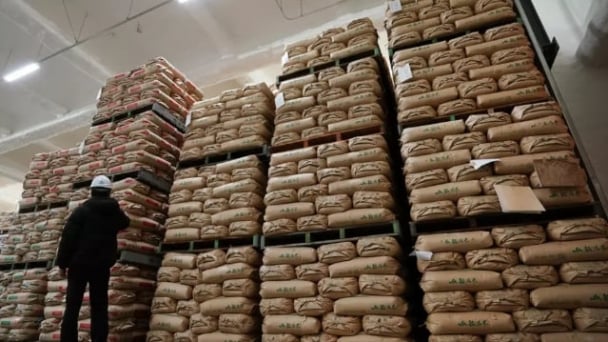
(VAN) Japan will sell more rice from its emergency stockpile through July in an attempt to stabilise soaring prices, the agricultural minister said.
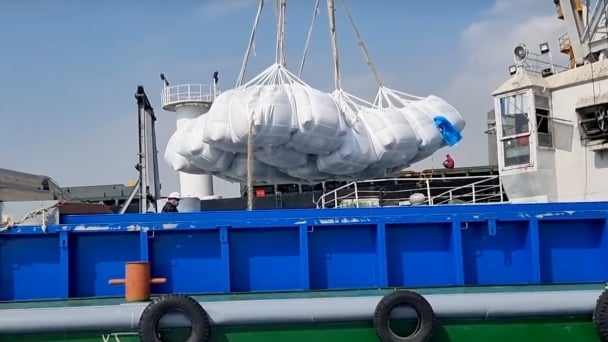
(VAN) The Philippines is making efforts to diversify its rice import sources in order to reduce its dependence on Vietnamese rice. However, Vietnamese rice has managed to maintain its strong position in this market.